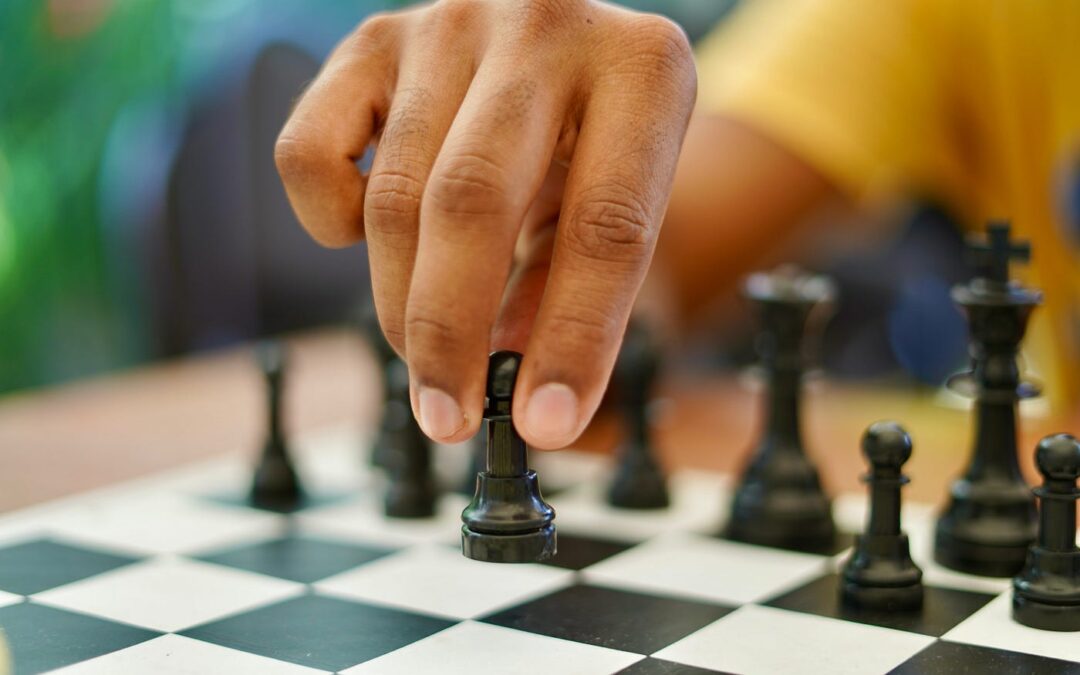As human beings, we often obsess over numbers, and this extends to our children’s activities as well. When you enroll your child in chess, you might subconsciously focus on their ratings as a measure of their progress. While calculation skills are important, it’s crucial not to let your child become fixated on their chess rating.
The chess rating system, based on the Elo Rating System, is a numerical representation of a player’s strength. While it’s a useful tool, it shouldn’t be the sole focus, especially for young players. For example, one of my students reached a rating of 1000 on Lichess, which was the criteria for advancing to level 2. He enjoyed chess immensely and played numerous games. However, as he started facing higher-rated opponents, his progress slowed, and he became fearful of dropping below the 1000 mark. Instead of aiming higher, his goal shifted to merely maintaining his rating.
This fear of losing rating points can be detrimental. Obsessing over numbers at an early stage can hinder a child’s enjoyment and growth in chess. It’s more important for kids to play joyfully and focus on learning rather than just winning.
Here are some recommendations for parents:
- Focus on Learning, Not Ratings:
- Encourage your child to view each game as a learning opportunity. Ask them what they learned from their games, regardless of the outcome.
- Emphasize the importance of improving skills and understanding the game rather than just increasing their rating.
- Celebrate Effort and Improvement:
- Praise your child for their effort and improvement, not just their wins. Recognize their hard work and dedication.
- Celebrate small milestones and personal achievements, such as mastering a new strategy or solving a difficult puzzle.
- Set Realistic Goals:
- Help your child set realistic and achievable goals that focus on skill development rather than rating points. For example, aim to improve their endgame technique or learn a new opening.
- Break down larger goals into smaller, manageable tasks to keep them motivated.
- Create a Positive Environment:
- Foster a positive and supportive environment where your child feels safe to make mistakes and learn from them.
- Encourage a growth mindset, where challenges are seen as opportunities to grow rather than obstacles.
- Limit Rating Discussions:
- Avoid frequently discussing ratings with your child. Instead, focus on their overall progress and enjoyment of the game.
- Remind them that ratings are just numbers and do not define their worth or potential as a chess player.
By shifting the focus from ratings to learning and enjoyment, you can help your child develop a healthier relationship with chess and foster a lifelong love for the game.


Recent Comments